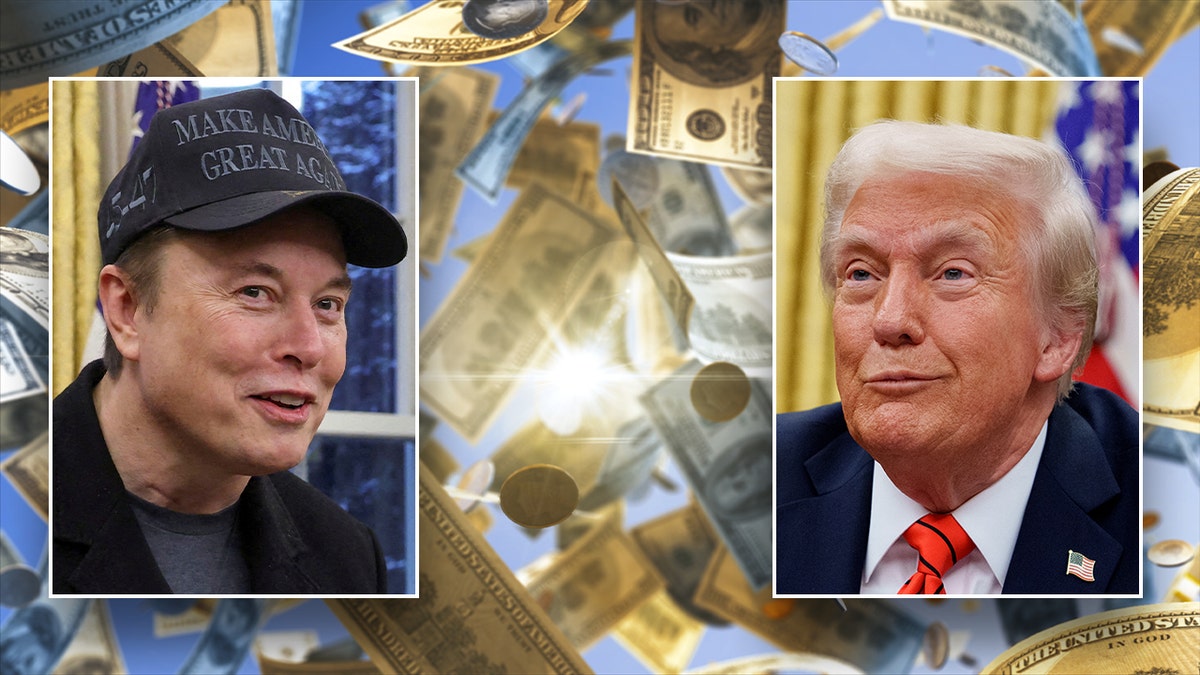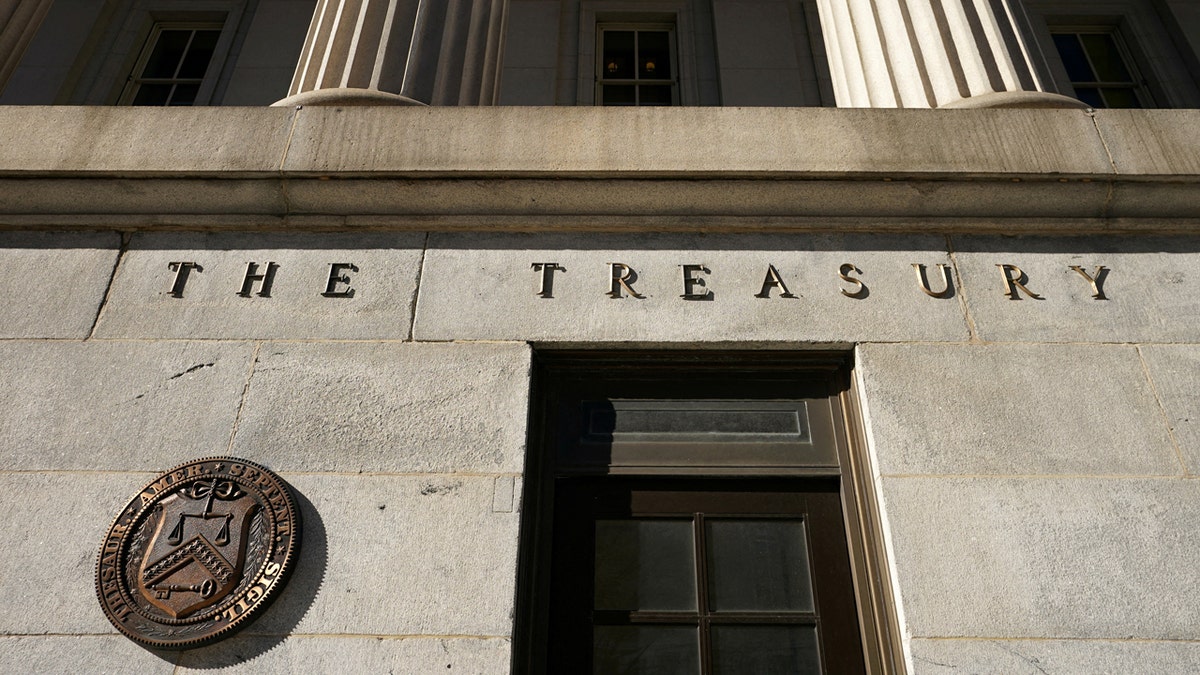A federal judge has issued a preliminary injunction, temporarily barring the Elon Musk-led Department of Government Efficiency (DOGE) from accessing the Treasury Department's central payment system. This decision comes after 19 state attorneys general raised concerns about potential privacy violations.
U.S. District Judge Jeannette Vargas granted the injunction due to the risk of sensitive state bank records being exposed. However, she clarified that the injunction's scope is narrower than what the plaintiffs initially requested. Judge Vargas has given the Trump administration's legal team an opportunity to address the identified vulnerabilities and ensure the protection of sensitive data. A report on these corrective measures is expected by March 24.

The legal battle stems from a lawsuit filed by the 19 attorneys general, alleging that DOGE's access to the Treasury's payment system was unlawfully obtained at the direction of the Trump administration. This system holds a vast amount of confidential information, including Social Security numbers, Medicare and veterans' benefits details, tax refund information, and more.
The administration's lawyers countered that the Treasury Department acted within its legal authority and that only two DOGE team members had "read-only" access to the data. They also argued that the temporary restraining order hindered the Treasury's operational efficiency.

The lawsuit, spearheaded by New York Attorney General Letitia James, represents a coalition of states concerned about the potential compromise of Americans' personal financial data. The attorneys general argue that granting DOGE access to the payment system puts sensitive information, such as bank account details and Social Security numbers, at risk.

This ongoing legal dispute highlights the tension between government efficiency initiatives and the protection of individual privacy rights.
Comments(0)
Top Comments